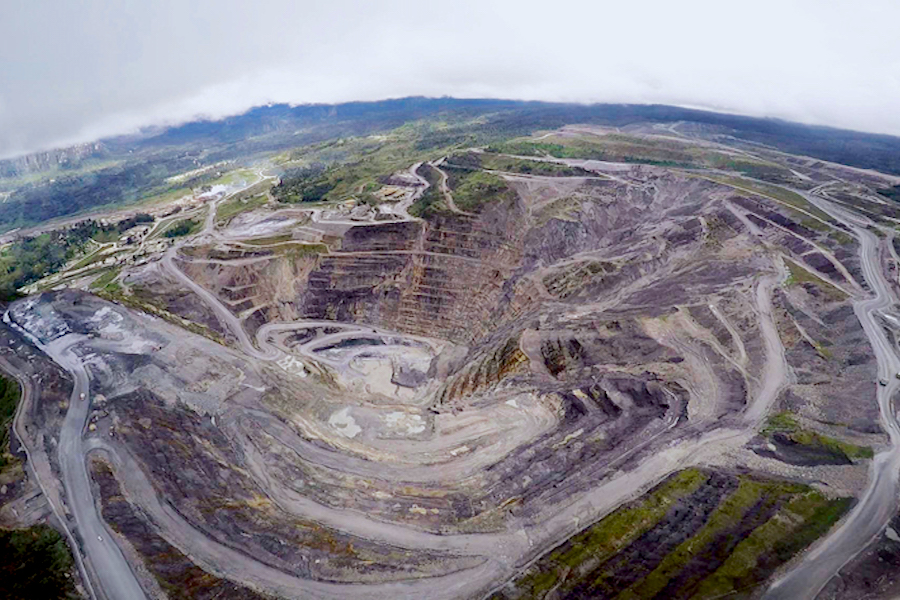Barrick escalates dispute with PNG over Porgera mine

Canada’s Barrick Gold (TSX: ABX) (NYSE: GOLD) has served a dispute notice to the Papua New Guinea (PNG) government over the country’s refusal to renew a license for Porgera mine.
The world’s second-largest gold producer argues that PNG’s decision to reject the application for the lease extension violated a bilateral investment treaty between the country and Australia, as well as international law governing foreign investment.
If the parties can’t settle the dispute through negotiations, Barrick plans to take PNG to international arbitration.
The ongoing dispute with PNG over Porgera mine has done what the pandemic did not — dent Barrick’s expected output for the year
“It is outrageous that Barrick is seeking international arbitration through its subsidiaries before the PNG court has even ruled on the case,” Catherine Coumans, of MiningWatch Canada, said in a statement.
“The mine is one of the worst examples of irresponsible mining I am aware of,” she added.
Barrick and its Chinese partner, Zijin Mining, temporarily halted operations at the mine in Enga Province late in April. The move followed Prime Minister James Marape’s refusal to renew Porgera’s permit based on environmental and social concerns.
The Toronto-based miner noted such rejection was publicly announced without notifying the mine manager, Barrick Niugini Limited, or following due process.
In May, the gold giant offered an extra 15% stake in the Porgera mine to local landowners, in a fresh attempt to break the impasse with the government over the mine’s future.
PNG later threatened Barrick with criminal proceedings, claiming the company’s joint venture in the country was planning to illegally export $13 million in gold and silver to Australia. BNL refuted the allegations.
The ongoing dispute has done to Barrick what the pandemic did not — dent its expected output for the year. It now expects to produce between 4.6 million and 5 million ounces of gold this year — 200,000 ounces lower than its previous estimate.
Barrick revealed at the time that PNG was also asking the company and Zijin to pay $191-million in back taxes, arising from tax audits conducted between 2006 and 2015.
Tier one potential
Barrick’s president and chief executive officer, Mark Bristow, said in March that Porgera had “tier one potential” but faced many challenges in the form of “legacy issues and an unruly neighbourhood.”
The gold mine, located in PNG’s northern highlands region, is a joint venture between Barrick and Zijin Mining. Each owns 47.5% of the mine, with the remaining 5% held by landowner group Mineral Resources Enga.
Porgera contributes to about 10% of the nation’s exports and employs over 3,300 Papua New Guinea nationals.
The open pit and underground gold mine sits at an altitude of 2,200-2,600 metres in Enga province, and is about 600 km (370 miles) northwest of Port Moresby.
Other mining companies operating in PNG, including Australia’s Newcrest (ASX: NCM), have not been impacted by the decision regarding Porgera. The miner has “welcomed” the Prime Minister’s support for its Wafi Golpu gold and copper asset, adding that its special mining lease at the Lihir operations remains in good standing with a renewal not needed until 2035.
{{ commodity.name }}
{{ post.title }}
{{ post.date }}




Comments